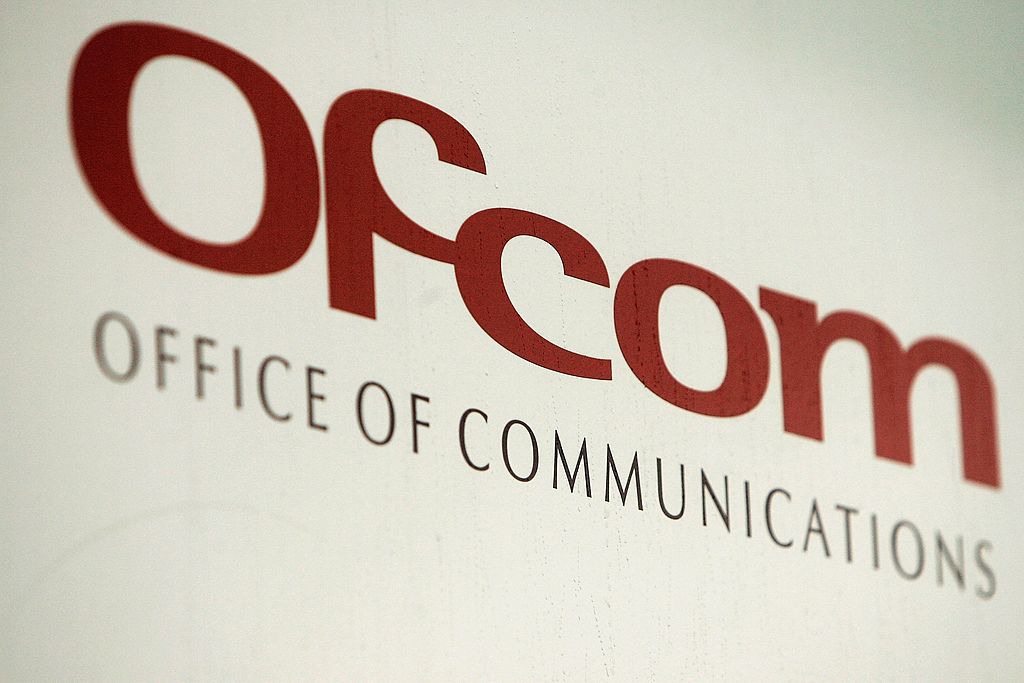Ofcom fines EE £2.7m for overcharging customers
The communications regulator found that the company broke a 'fundamental billing rule' on two separate occasions, resulting in nearly 40,000 customers being overcharged around £250,000

Ofcom has fined mobile network operator EE £2.7m for overcharging tens of thousands of its customers.
The competition authority for the communications industries said that the penalty is the result of an investigation into the mobile phone provider, which found that the company broke a fundamental billing rule on two separate occasions.
Ofcom said that EE customers who called one of the company’s customer services numbers while roaming within the EU were incorrectly charged as if they had called the United States.
Customers were charged £1.20 per minute, instead of 19p per minute. As a result, at least 32,145 customers were overcharged around £245,700 in total.
The regulator said that EE’s “carelessness or negligence contributed to these billing errors.”
Although Ofcom said that EE “did not set out to make money from its billing mistake, EE had decided not to reimburse the majority of affected customers until Ofcom intervened.”
Ofcom said that in addition, even though EE made it free to call or text the customer services number from within the EU from 18 November 2015, the group continued to bill more than 7,000 customers until January 2016.
As a result, these customers were overcharged £2,203.33.
“EE didn’t take enough care to ensure that its customers were billed accurately. This ended up costing customers thousands of pounds, which is completely unacceptable,” said Lindsey Fussell, Ofcom’s consumer group director.
“We […] will not tolerate careless mistakes. Any company that breaks Ofcom’s rules should expect similar consequences,” she added.
The £2.7m fine must be paid by EE within 20 working days. Ofcom said that the size of the fine “incorporates a 10 per cent reduction to reflect EE’s agreement to enter into a formal settlement, which will save public money and resources. As part of this agreement, EE admits and takes full responsibility for the breaches.”
EE said in a statement that it “unreservedly” apologises to those customers affected.
“We have put measures in place to prevent this from happening again, and have contacted the majority of customers to apologise and provide a full refund,” the company said.
“Following Ofcom’s findings, we have made a number of additional improvements to our systems and policies to allow us to better support our customers in the rare occasion that billing issues do occur,” they added.
The majority of the customers who were affected by the mischarging have been refunded, Ofcom said. It added, however that EE was unable to identify at least 6,905 customers, who were overcharged a combined total of £60,000.
In October, Ofcom fined Vodafone a record £4.6m for “serious” breaches of consumer protection rules.
EE was formed in 2010, when the brands known as T-Mobile and Orange were added together and took their customers with them.
The Competition and Markets Authority has given its approval for BT’s £12.5bn takeover of mobile operator EE after six months of investigation in January.
Business news: In pictures
Show all 13In December, figures from Ofcom revealed, BT, Plusnet and EE were the most complained about broadband providers in the third quarter of 2016.
BT, which owns the Plusnet and EE brands, came top of the list with 36 complaints per 100,000 subscribers, followed by Plusnet with 30 and EE at 26, the media regulator said. Sky was the least complained about broadband provider.
Plusnet and EE also topped the landline complaints table, with 24 and 20 complaints per 100,000 customers respectively, followed by the Post Office and BT.
Subscribe to Independent Premium to bookmark this article
Want to bookmark your favourite articles and stories to read or reference later? Start your Independent Premium subscription today.

Join our commenting forum
Join thought-provoking conversations, follow other Independent readers and see their replies